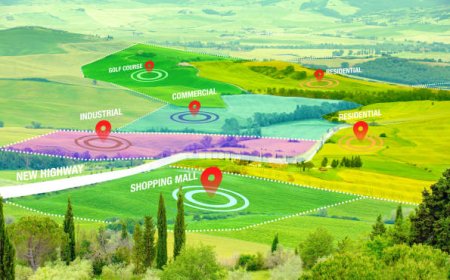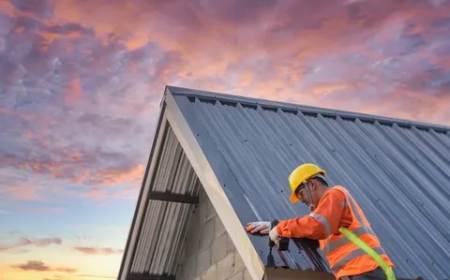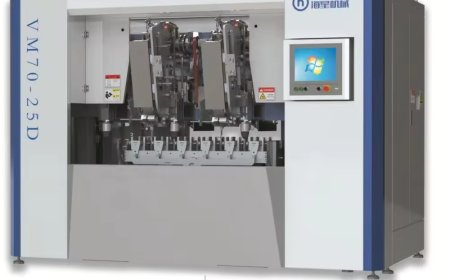The Green Revolution: How Scrapping Cars Saves Resources
Learn how scrapping cars supports Australia's environment by saving metal, reducing emissions, and promoting a circular economy through responsible recycling.

As environmental awareness grows in Australia, car scrapping has become more than just a way to get rid of old vehiclesit's now a key part of sustainable resource management. Recycling vehicles not only prevents harmful materials from polluting the environment but also allows for the recovery and reuse of valuable resources. This blog explains how the car scrapping process contributes to conservation efforts, reduces landfill waste, and supports a circular economy.
Reclaiming and Reusing Metal Components
The largest benefit of car scrapping is the recovery of metals. Cars are made up of approximately 65% steel and iron, along with smaller quantities of copper, aluminium, and other non-ferrous metals. These metals can be melted down and reused in construction, infrastructure, and manufacturing, significantly reducing the need for mining virgin ore. Companies that specialise in scrap metal collection help streamline this process by safely dismantling vehicles and sorting reusable components efficiently.
Reducing Landfill Waste and Pollution
Old vehicles contain fluids like engine oil, brake fluid, and coolants, which can leak into the ground and contaminate soil and water sources if not handled properly. Car scrapping centres are now required by law to drain and dispose of these fluids in an eco-friendly way. By diverting thousands of vehicles from landfills each year, scrapping helps prevent large-scale contamination and reduces strain on municipal waste systems. It also clears space and keeps hazardous materials out of the environment.
Cutting Down on Carbon Emissions
Car scrapping plays a vital role in reducing carbon emissions associated with the production of new materials. Manufacturing steel from recycled metal uses up to 74% less energy than creating it from raw ore. This reduction in energy use results in lower emissions from factories, smelters, and transport operations. When combined with other eco-practices, car scrapping contributes significantly to Australia's emissions reduction targets.
Lowering the Demand for Raw Materials
When metal and parts from scrapped cars are reused, it directly reduces the demand for raw materials from mining operations. Mining is energy-intensive and disruptive to ecosystems. By recycling parts such as engines, batteries, doors, and frames, industries save on energy and reduce greenhouse gas emissions. Businesses focused on Scrap metal Rocklea operations have adopted advanced sorting and processing technologies to increase the amount of metal recovered, supporting Australia's goals for reducing environmental harm.
Supporting a Circular Economy in Australia
The circular economy model focuses on reusing, repurposing, and recycling resources instead of disposing of them. Car scrapping aligns perfectly with this philosophy. Every part of a carfrom the tyres and seats to the battery and bodycan be reused or recycled. This approach supports local jobs, reduces the need for imports, and promotes domestic sustainability. As part of this growing trend, companies like Metalbiz Recyclers have earned a reputation for delivering efficient, compliant, and eco-conscious services that contribute to both local industry and environmental health.
FAQs
What parts of a car can be recycled?
Steel, aluminium, copper wiring, batteries, tyres, glass, and plastic components can all be recycled through approved scrapping processes.
How does scrapping reduce environmental pollution?
Scrapping ensures hazardous fluids are safely removed and keeps non-biodegradable parts out of landfills, reducing soil and water contamination.
Can I earn money by scrapping my car?
Yes. Recyclers pay for scrap metal and reusable parts based on weight, material type, and market demand. You also avoid disposal fees.
Is it better to scrap or repair an old car?
If repair costs exceed the car's value or it fails to meet safety/emissions standards, scrapping is often the more cost-effective and eco-friendly option.
Are scrapping services regulated in Australia?
Yes. Car scrapping businesses must comply with environmental regulations, maintain licenses, and ensure ethical handling of vehicles and parts.
Find more insightful blogs here.
























